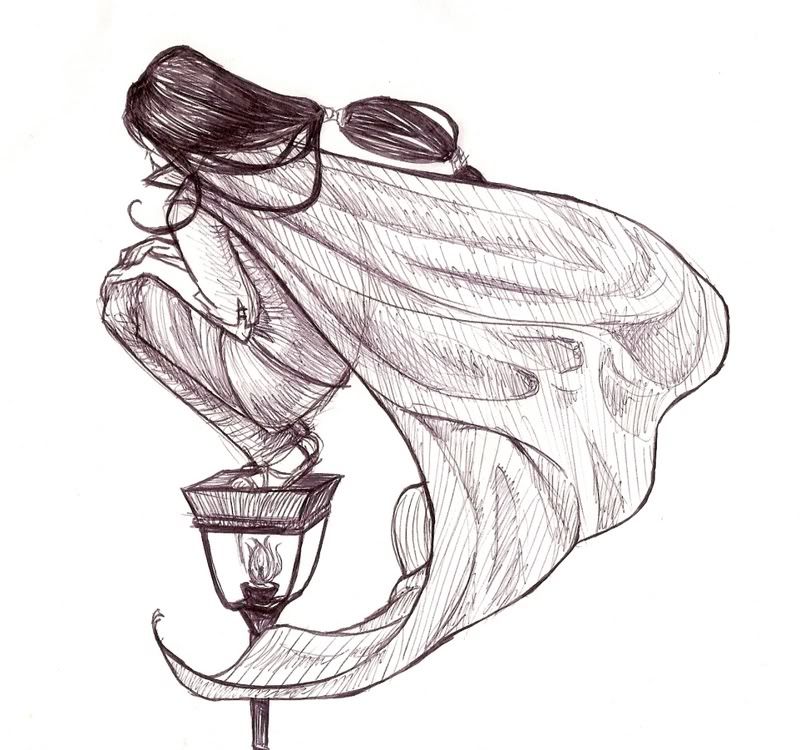Today I’m a reading teacher, which is the inspiration for today’s line of inquiry. As I was sitting across from a well-spoken teenager who struggles with reading, I really started thinking about the way we measure intelligence in the 21st century.
We live in a world of standards and schematics–especially in education. There’s a number, graph, ratio, or descriptive box to fit everything in. We live in a world of staggering amounts of information.
To access it, however, you usually have to be literate. Language, literacy, and intelligence are inexorably bound up together. What does it mean to be well-spoken, but unable to read, then? It certainly puts you at a disadvantage, but I don’t believe that being unable to read means that you are unintelligent, or even less capable than that guy reading James Joyce in the coffee shop.
Literacy as a primary measure of intellectual competence is a very modern concept– consider that not long ago most adults in the developed world were illiterate. The measure of “literacy” has admittedly changed: in Romantic era Britain, literacy meant being able to read and sign your own name. Now the demands of literacy are a little more comprehensive.

Not just anyone could write like Keats…literally. Even with such a limited definition of literacy, most Romantic-era Britons were illiterate.
However, these illiterate people (and generations before them) could “read” allegorical artwork, they could consider themselves “versed” in local history, politics, mythology, etc. They could possess great quantities of information and understand complex concepts, just not via written language. Comparatively, today most Americans are “literate,” but it’s debatable how much they really understand what they read, and deplorable how little they really ruminate on and retain.
I have this notion that personalities go in and out of style. With those trending personalities, I figure that styles of learning and communicating–and the corresponding perception of a person’s intelligence–go with it.
I often wonder if the personality of that kind of an “illiterate” society is necessarily different from our “literate” American society today. Compare the pedantic, distant intellectual authority of someone like Stephen Hawking to the trendy, almost foppish behavior of Aristotle:
When [Aristotle] arrived [at Plato’s Academy] practically everyone noticed him, in part because he was something of a dandy. Plato is reported to have said that Aristotle paid more attention to his clothes than was proper for a philosopher. To be fashionable, Aristotle cultivated a deliberate lisp, the speech pattern that the Greek elite used to separate themselves from the masses.
–Archetypes of Wisdom: An Introduction to Philosophy by Douglas J. Soccio (pg. 154)
Could we take him seriously today, given that he doesn’t fit with the intellectual mold? Could you take a Fabio seriously if he started talking about Nichomachean Ethics?
Similarly, compare the speaking prowess of George W. Bush to that of Cicero. I’m stacking the deck here, but really think about the social circumstances that make these personalities possible, or even probable. My background in Roman history is not strong enough that I’m willing to make claims that a speaker like Bush (bumbling, frequently mincing words, almost purposefully nervous and halting) could not exist, but it seems a far less likely.
Note: I’m not saying that all Greeks and Romans were Aristotles and Ciceros, or that all Americans are Hawkings and Bushes. I’m pointing out that these are the notable personalities that are likely to survive our era. No matter how you feel about his politics, you have to admit that President Bush II was memorable. Plus, now that you know that Aristotle was man-pretty, you probably want to know more (this, sadly, is one of the things that hooked me.)

I’d be fascinated to study the shift from interpersonal oral discourse to written language as a means of primary learning. You could argue that we still do use the former in the United States, but lecturing is strongly discouraged in K-12. You physically and mentally can’t sit for lectures as a younger student–I’m not sure most students ever outgrown this lecture handicap, either. You’re not going to excel if you can’t function with written language. Almost all assessments are written language, unless you have testing modifications.
I also have to wonder, with the increase in technology and the readily available adaptations, will the importance of written communication decrease, and illiteracy (in the sense that we know it) rise? With so much done for us, delivered to us, via means such as the television, radio, and Youtube video, will people stop reading?
HAPPY PI DAY, by the way (I spent my morning convincing students that tomorrow is the better holiday– Julius Caesar Commemorative Stabbing Day. Being that they’re teenaged boys, they bought my argument. Stabbings are a little more special than pie and math puns.)





















